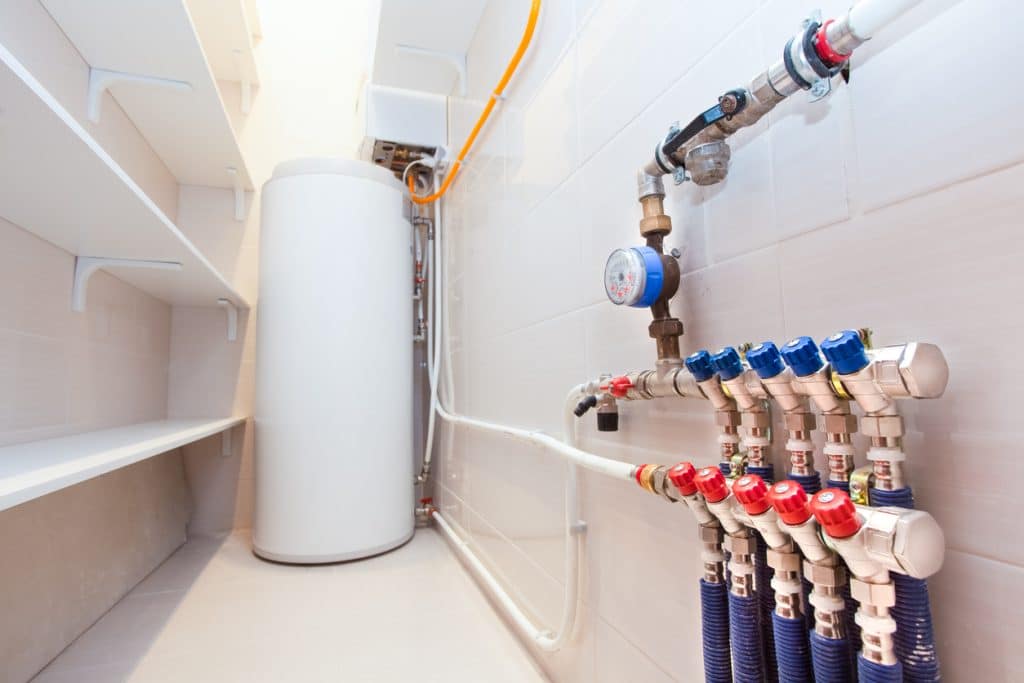Many places in this region have hard water. This means that it has lots of calcium and magnesium ions. Though these minerals are good for your health and some people think they make water taste better, they’re not good for your plumbing or your water-dependent appliances. That includes your water heater. The problem is exacerbated by the fact that heat really helps hard minerals leach out of the water and cling to the inside of plumbing pipes and appliances in the form of limescale and sediment. Besides calcium and magnesium ions, sediment can also contain iron and copper. Here’s what sediment buildup does to your water heater.
Sediment Reduces the Supply of Hot Water
As sediment builds up in your hot water tank, there’s simply less room in the tank for hot water. Limescale also builds up in the pipes and drains. In the worst cases, the pipes can be completely clogged with sediment. The result is you notice that your water heater is supplying less hot water than it used to.
It Takes Longer for the Water to Heat Up
Besides settling on the bottom of your hot water tank and its sacrificial anode, sediment also encrusts the element that heats the water. Because of this, it takes longer for the hot water to reach 120 degrees Fahrenheit, which is where plumbers recommend the temperature be set. You may be waiting a long time for hot water to come out of the tap.
The Heater Makes Weird Noises
As the layers of sediment deepen, water trapped beneath it might force its way up through gaps and make strange noises. The sediment itself might flake or break off and bang around the inside of the tank. The sediment close to the heating element might make sizzling sounds as it’s burnt, or trapped water might hiss as it boils to steam. These noises can even sometimes sound like pops, rumbles or growls.
The Pressure Relief Valve Leaks
Another way sediment buildup affects your water heater is causing the temperature pressure relief valve, or TPR, to leak. This can happen when there’s so much sediment buildup in your tank that the tank actually expands and starts to leak. The temperature pressure relief valve is supposed to relieve the pressure, but sediment can build up to a point where the tank actually explodes.
A buildup of sediment in your water heater can and will cause a host of problems. If you notice any of these signs with your water heater, you must not delay in calling for repairs. Call The Plumber AZ for water heater service in Mesa, Arizona.








